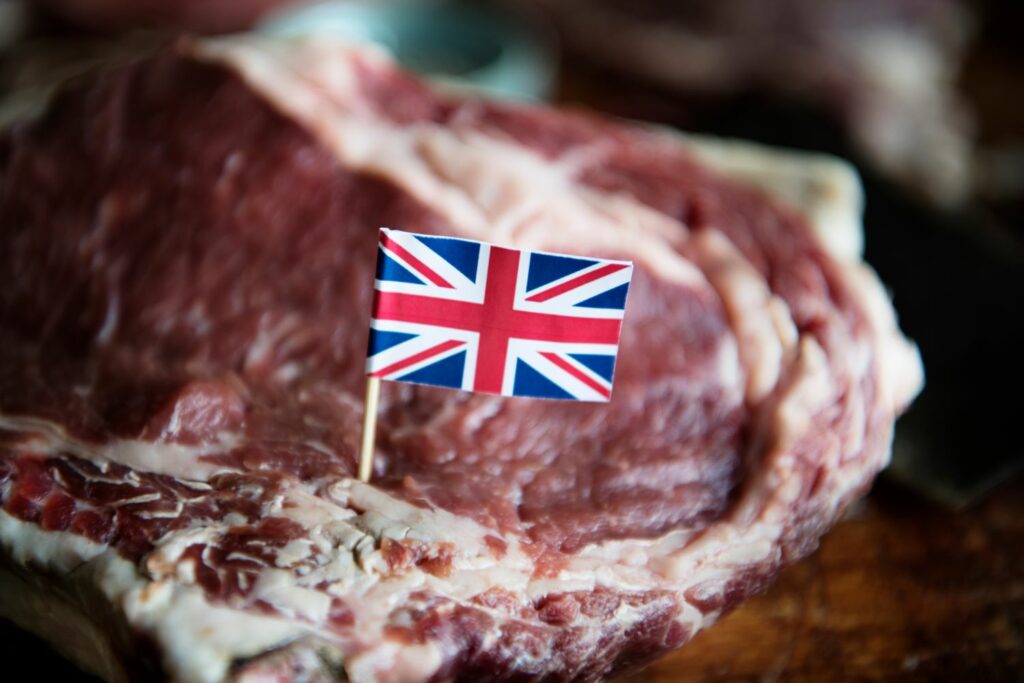Meat industry warns new red tape could be detrimental to UK economy
1st November 2022
Upcoming regulatory changes could see a large amount of British meat exports heading to the EU become non-compliant overnight, which will have a detrimental effect on farmers, processors and the economy alike, the British Meat Processors Association (BMPA) has warned.
Since the European Union amended its Animal Health Regulations in April 2021, farmers exporting meat to the EU have been required to provide Export Health Certificates (EHCs) signed by an Official Veterinarian (OV).
The condition of certification is farms receiving ‘regular’ animal health visits carried out by a qualified veterinarian. During these visits, the vet must examine livestock for signs of poor health and ascertain that the farm is free of notifiable diseases.
In order for British meat exports to be granted entry to the EU, farmers need to provide sufficient evidence that such visits have taken place. So far, farmer declarations have been accepted by OVs when signing EHCs at the point of export.
However, beginning 13th December 2022, veterinary attestations will be required as proof that animal health visits have been carried out on farms. This is a UK-only requirement, which the British meat industry believes will be another “shot in the foot” for the country’s economy.
In a letter written to Defra minister Mark Spencer, the BMPA explained that the current shortage of vets means it would take several months for farms to receive a new vet visit, which would be required to obtain signed attestations.
While farms covered by a UK Farm Assurance scheme such as Red Tractor will be excluded from these new requirements, this still leaves tens of thousands of animal holdings across Great Britain that will need to have a signed vet visit before the 13th December deadline.
According to BMPA, this is not achievable, and will lead to a significant and unavoidable loss of profit for many farmers nationwide as their produce will be denied access to the export market.
“With 72% of all meat exports going to the EU, [the new requirement] will have a devastating effect on farmers, auction markets and meat processors,” BMPA warned in its letter to Defra.
“We believe it will have an immediate impact on livestock prices here in the UK as well as causing significant and costly disruption for the supply chain. This in turn will drive food price inflation for consumers as the industry is forced to recover lost export revenue and additional costs through higher prices.”
Signed by over a dozen farming organisations, including the NFU, BMPA and NSA, the letter calls for an urgent meeting to discuss how the new rules could be better implemented to avoid industry-wide damage.
In the accompanying notes, BMPA also proposed an alternative solution that would involve entering the required information into a digital database where it could be accessed by authorities. However, until such a solution is available, the suggestion is to continue with the current system of using farmer declarations.
Responding to the industry’s appeal, a Defra spokesperson said the department is aware of the concerns raised about the process of providing evidence of regular animal health visits.
The department said it is currently working with businesses and the Royal College of Veterinary Surgeons to try and reduce the burden on exporters.


